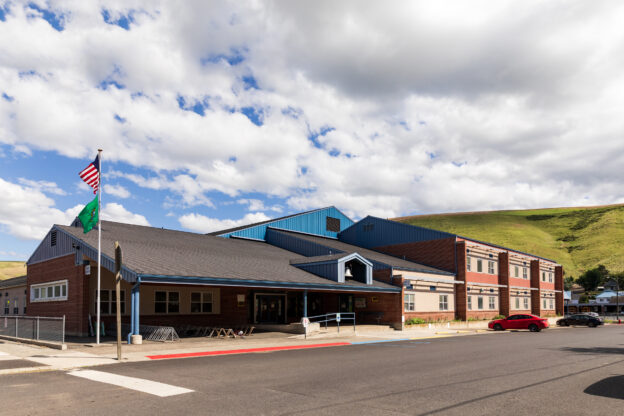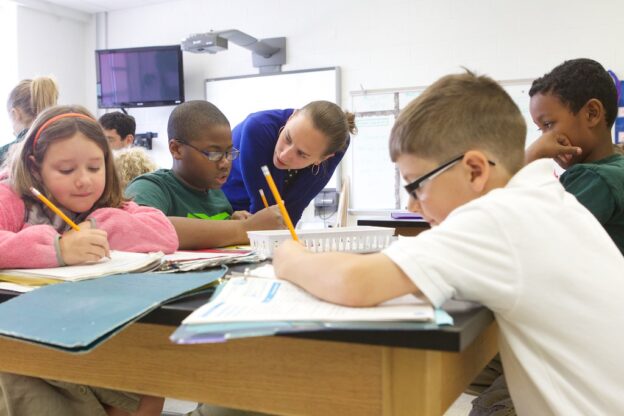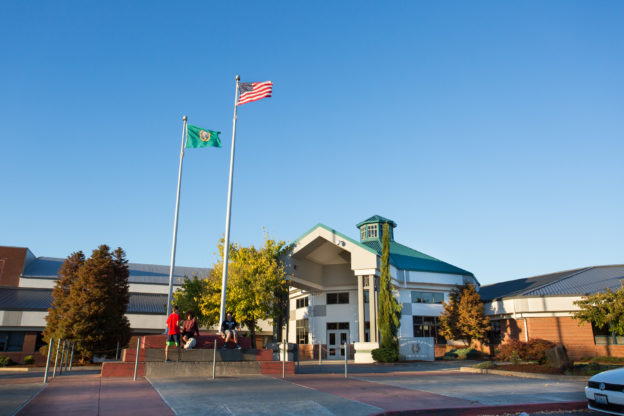A bill introduced this year by 9th District Sen. Mark Schoesler that aims to help school districts in Washington address their building-maintenance needs was signed today by Gov. Jay Inslee.
The law created by Senate Bill 5403 will allow school districts to create a “depreciation subfund” that can receive a transfer of up to 2% of a school district’s general fund each fiscal year.
“After introducing it the past three years, it’s good to see this bill finally become law,” said Schoesler, R-Ritzville. “It provides another way for school districts to handle building- or facility-maintenance needs. Sometimes it can be better for a school district to pay cash for a building repair or to set aside money for emergencies when they arise. Establishing this subfund, which is voluntary, is a way to help students learn in a healthy environment since school buildings will be in better condition.”
After passing SB 5403 unanimously in March, the Senate voted late in the regular session to unanimously support the version approved by the House, which makes the subfund option available only to school districts with fewer than 2,000 students.
During the 2021 and 2022 legislative sessions, the Senate twice easily passed an earlier version of Schoesler’s bill. Senate Bill 5202 reached the House Rules Committee and was placed on the House voting calendar in both sessions before stalling.













